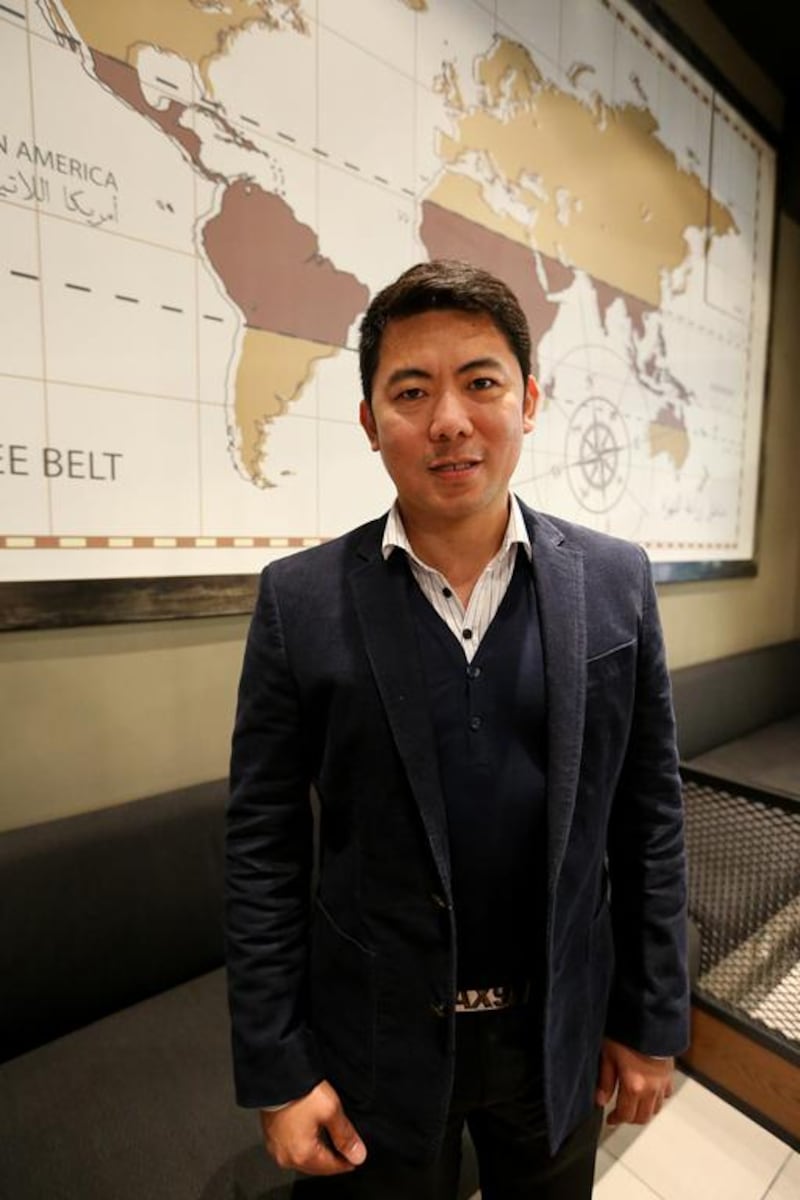ABU DHABI // A group of Filipino professionals are banding together to help their compatriots succeed in the job market.
“We are known to be hard-working, skilled and educated,” said Jethroefel Ramboyong, 40, a telecoms engineer in Abu Dhabi and chairman of the Filipino Professional Group.
“However, we need to be more assertive and become globally competitive.”
Formed in March 2009, the organisation has more than 2,000 members. It serves as an umbrella group of 11 professional organisations made up of nurses, architects, engineers and accountants.
“We want to build successful professionals in a competitive world,” Mr Ramboyong said. “We plan to approach consultants from Cobalt to teach us to be more competitive and how to be better individuals.”
Cobalt offers human resources consultancy, specialist search and recruitment services in Abu Dhabi and across the Middle East and North Africa.
It is a common misconception that most Filipinos in the UAE are maids, and the group wants to break away from this stereotype.
Sixty per cent of the UAE’s 700,000 Filipinos are professional workers, more than a quarter are in the skilled sector and only 10 per cent are household workers.
Since 2009, the Philippines' Professional Regulation Commission has conducted professional licensure board exams in the UAE, Qatar and Saudi Arabia.
The various professional organisations in the UAE help members to prepare for their board exams by organising review classes.
So far, 590 Filipinos in the Emirates have passed the exams for nurses, architects, certified public accountants and electrical, electronic, civil and mechanical engineers.
“After having passed their board exams, many of them got a promotion,” said Mr Ramboyong, the founder of the UAE branch of the Institute of Electronics Engineers of the Philippines, who has lived here for 15 years.
“We’re happy to have assisted them in their own career development.”
Vladimir Fugiracion, 30, an architect in Abu Dhabi, passed the architecture exams in Abu Dhabi in 2011.
“I’m proud to be a product of the licensure board exams here in the UAE,” he said. “After five and a half years in the construction industry, I will be joining mainstream architecture this year.”
Mr Fugiracion, who is also the vice president of the Abu Dhabi branch of United Architects of the Philippines, said their goal was to facilitate the board review classes of future architects.
“In 2012, we had a 66 per cent passing rate and, last year, it was 64 per cent,” he said.
Members of the Filipino Professional Group gathered at the Dusit Thani Hotel in Abu Dhabi on January 17 for “An Evening with the Filipino Professionals”.
“While there is a growing awareness of our own competence as Filipino nurses, architects, engineers and accountants, there is a need to discuss and plan initiatives to achieve global competence,” Mr Ramboyong said.
By next year, the 10 nations that make up the Association of South East Asian Nations are targeting an "Asean economic community", which has implications on labour mobility and the mutual recognition of professional standards.
rruiz@thenational.ae





